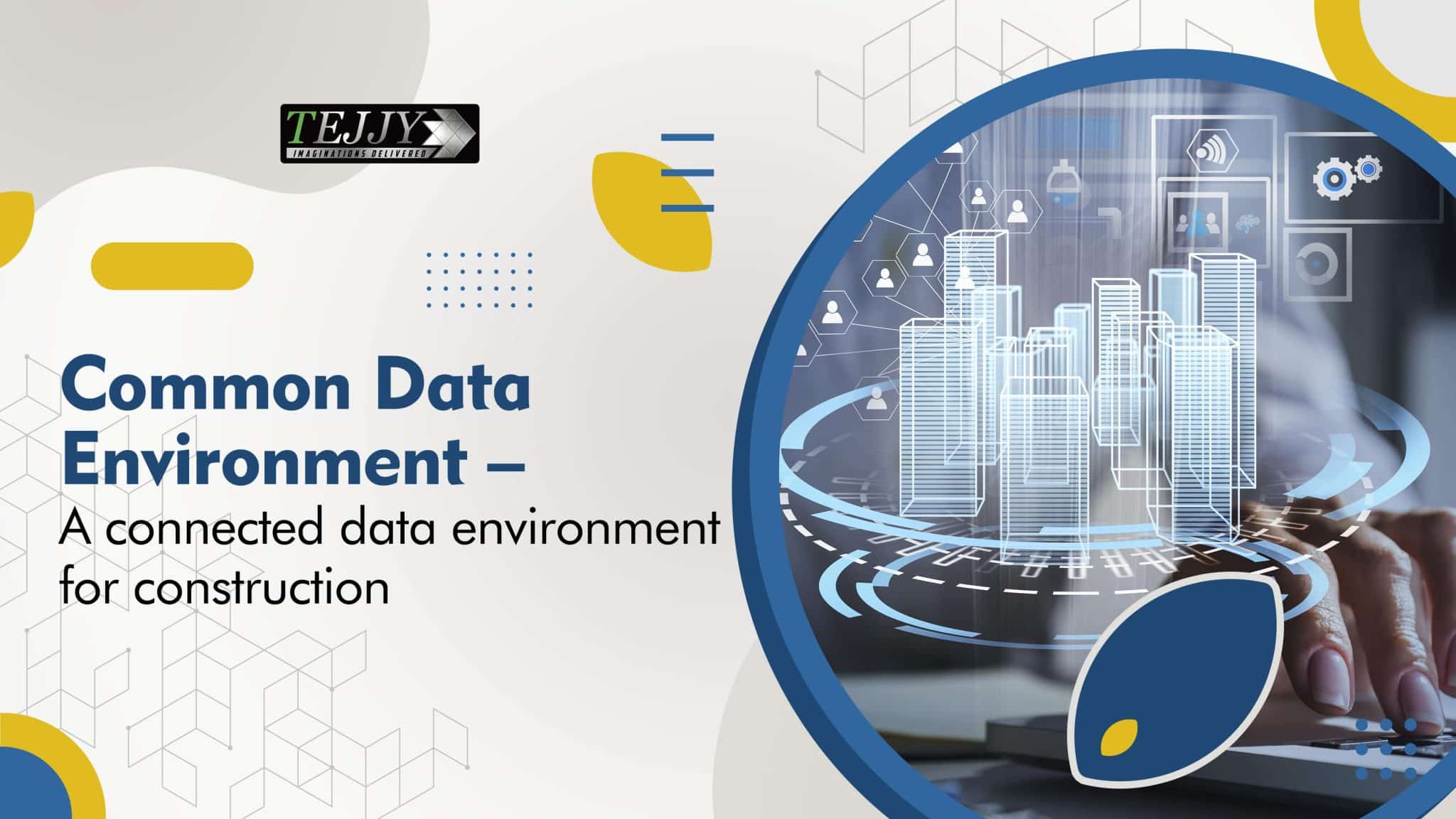
Building Data Science Models in the Real World: Essential Skills and Best Practices
In today’s data-driven world, the ability to build compelling data science models is crucial for extracting valuable insights and making informed decisions. However, real-world applications present unique challenges that require a combination of technical skills, practical implementation abilities, and soft skills. As a data scientist, I’ve learned that building models that thrive in real-world scenarios requires a deep understanding of the data environment, technical proficiency, and essential soft skills.
Understanding the Real-World Data Environment
 Data environment
Data environment
Data acquisition is a critical step in building data science models. Proficiency in gathering data from diverse sources, including databases, APIs, web scraping, and third-party datasets, is essential. Ensuring the data is relevant, up-to-date, and representative of the problem you’re trying to solve is vital. Validating data sources for credibility and reliability is also crucial.
Data Cleaning and Preprocessing
Handling missing values, outliers, and noisy data is critical. Skills in data transformation, normalization, and standardization are essential. Using robust techniques to clean data while preserving its integrity is vital. Employing automation tools to streamline preprocessing tasks and ensure reproducibility is also important.
Essential Technical Skills
Programming Proficiency
Expertise in programming languages such as Python or R is necessary to become a successful data scientist. Writing clean, efficient, and well-documented code is essential. Utilizing libraries like Pandas, NumPy, Scikit-learn, and TensorFlow for data manipulation and model building is vital.
Statistical and Mathematical Knowledge
A strong foundation in statistics, linear algebra, calculus, and probability is vital. Applying statistical techniques to understand data distributions and correlations and to validate model assumptions is crucial. Using mathematical knowledge to develop and tune models effectively is also essential.
Model Selection and Evaluation
Choosing the appropriate model based on the problem context is crucial. Proficiency in evaluating model performance using metrics such as accuracy, precision, recall, F1-score, and ROC-AUC is essential. Performing cross-validation to ensure model generalizability is vital. Using a combination of metrics to get a comprehensive view of model performance is also important.
Practical Implementation Skills
Handling Big Data
Experience with big data technologies such as Hadoop, Spark, and distributed computing is beneficial. Optimizing data processing workflows to handle large volumes of data efficiently is crucial. Using parallel processing and distributed systems to speed up computation is vital.
Version Control and Collaboration
Proficiency in version control systems like Git is necessary. Using version control to track changes, collaborate with team members, and maintain a history of model iterations is essential. Implementing best practices in code management and documentation is also vital.
Deployment and Production
Knowledge of Deploying Models
Knowledge of deploying models using tools like Docker, Kubernetes, and cloud platforms (AWS, GCP, Azure) is essential. Ensuring models are scalable and can handle real-time data inputs is crucial. Monitoring models in production to detect and address performance drifts is vital.
Soft Skills and Best Practices
Communication Skills
Being able to communicate complex technical concepts to non-technical stakeholders is essential. Using visualizations, summaries, and storytelling techniques to convey insights is crucial. Tailoring communication to the audience’s level of understanding is vital.
Problem-Solving and Critical Thinking
Analytical thinking to break down complex problems and devise effective solutions is crucial. Approaching problems methodically, considering multiple angles and potential solutions, is essential. Validating assumptions and iterating based on feedback and new data is vital.
Continuous Learning and Adaptation
Staying updated with the latest developments in data science, machine learning, and related technologies is vital. Following industry blogs, research papers, and attending conferences and workshops is essential. Engaging in continuous education through online courses and certifications is also crucial.
Conclusion
Building data science models in the real world requires a blend of technical skills, practical implementation abilities, and soft skills. By mastering these areas and adhering to best practices, you can develop models that not only perform well but also provide meaningful insights and drive impactful decisions. Stay curious, keep learning, and continue to adapt to the ever-evolving landscape of data science.
 Data science
Data science














